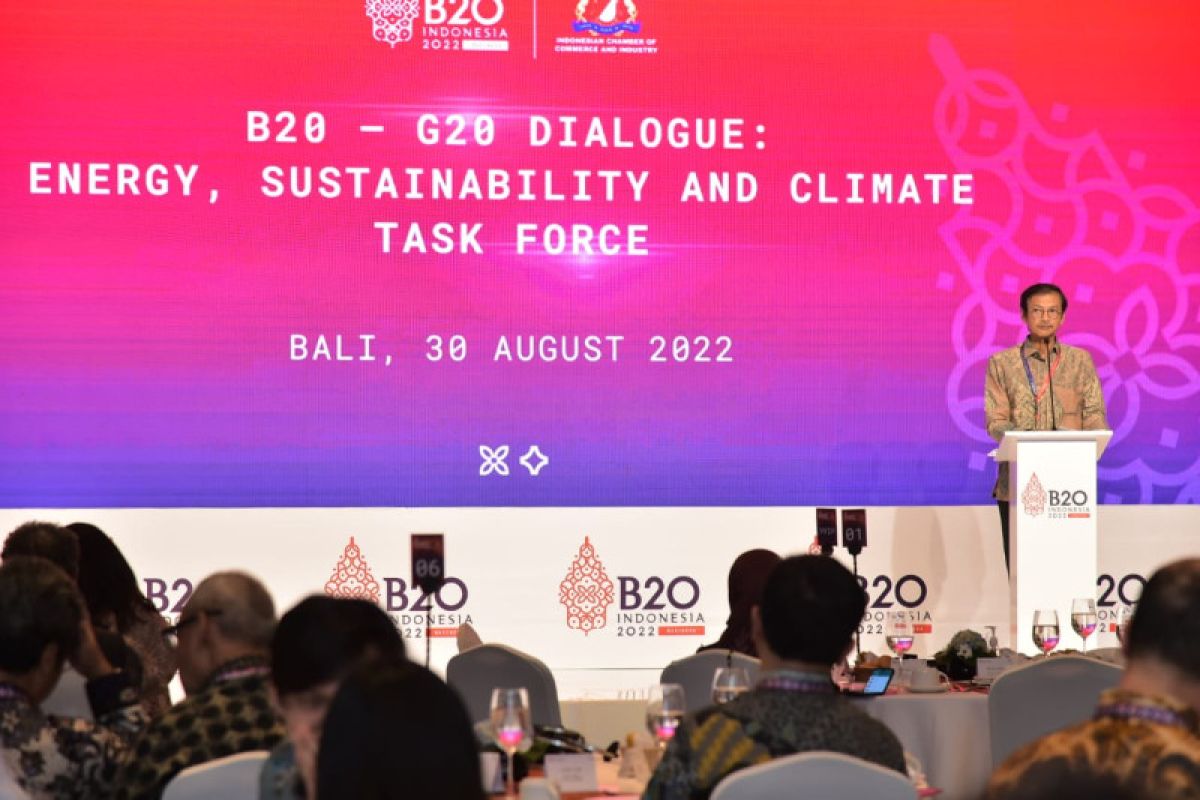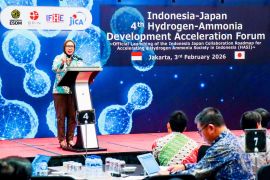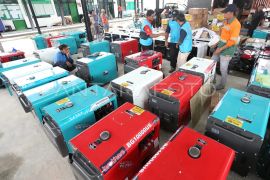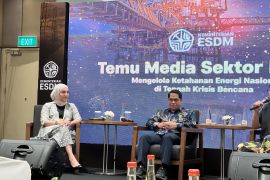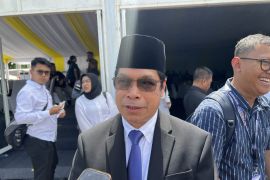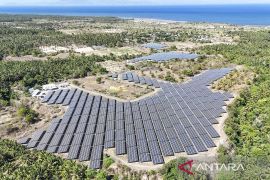Financial needs are increasing, considering that we will employ early retirement of coal-fired power plants in the coming yearsJakarta (ANTARA) - The government has called on business players to invest in the clean energy sector, given the energy transition program, from fossil-based fuels to new and renewable energy that required significant amount of funding support.
Secretary General of the Energy and Mineral Resources Ministry Rida Mulyana stated that an investment of up to US$1 trillion by 2060 was needed in pursuing energy transition for new, renewable energy generation and transmission in Indonesia.
"Financial needs are increasing, considering that we will employ early retirement of coal-fired power plants in the coming years," he noted in a statement here on Thursday.
Mulyana expounded that the large funding necessitated initiative from all sources of finance, both from private and public entities.
He noted that cooperation and collaboration among all renewable energy stakeholders, including public, private, and business-to-business partnerships, all had an important role to play in ensuring that all renewable energy potentials could be utilized properly.
An additional 700 gigawatts of clean energy generation from diesel, hydro, biomass, wind, ocean, geothermal, as well as hydrogen and nuclear had been included in the government-issued roadmap for carbon neutrality by 2060 or earlier.
"We will also reduce the use of fossil-based fuels by putting a cease to fossil power plants, de-dieselization program and implementing clean technologies, such as CCS/CCUS," he elaborated.
To achieve this, the government laid down several strategies in terms of demand with transportation, industry, as well as household and commercial sectors being prioritized.
In the transportation sector, the government will push for the use of biofuels, promote electric vehicles, use hydrogen for trucks, eco-friendly fuels for aircraft, low-carbon fuels for shipping with ammonia, hydrogen, and biofuels as the future targets, electronic fuels derived from biosyngas, green hydrogen, and electrification of ships for short distances.
The industrial sector will also be used to increase the share of electricity, hydrogen as a gas substitute, biomass substitution, and the expedition of CCS.
As for the household and commercial sectors, the government was promoting the use of induction stoves, utilizing city gas, and implementing energy efficiency programs that included energy management optimization and using energy-efficient equipment.
"All these efforts from the supply and demand (aspects) will reduce emissions by 1,789 million tons of carbon dioxide equivalent in 2060. We will achieve zero emissions in the electricity sector, but 129 million tons of carbon emissions will remain in the industrial and transportation sectors," he concluded.
Related news: Transitioning to clean energy will be national policy direction: govt
Related news: Need strong ecosystem to support energy transition: BRIN
Related news: BRIN develops eco-friendly energy sources to cut emissions
Translator: Sugiharto P, Mecca Yumna
Editor: Sri Haryati
Copyright © ANTARA 2022
